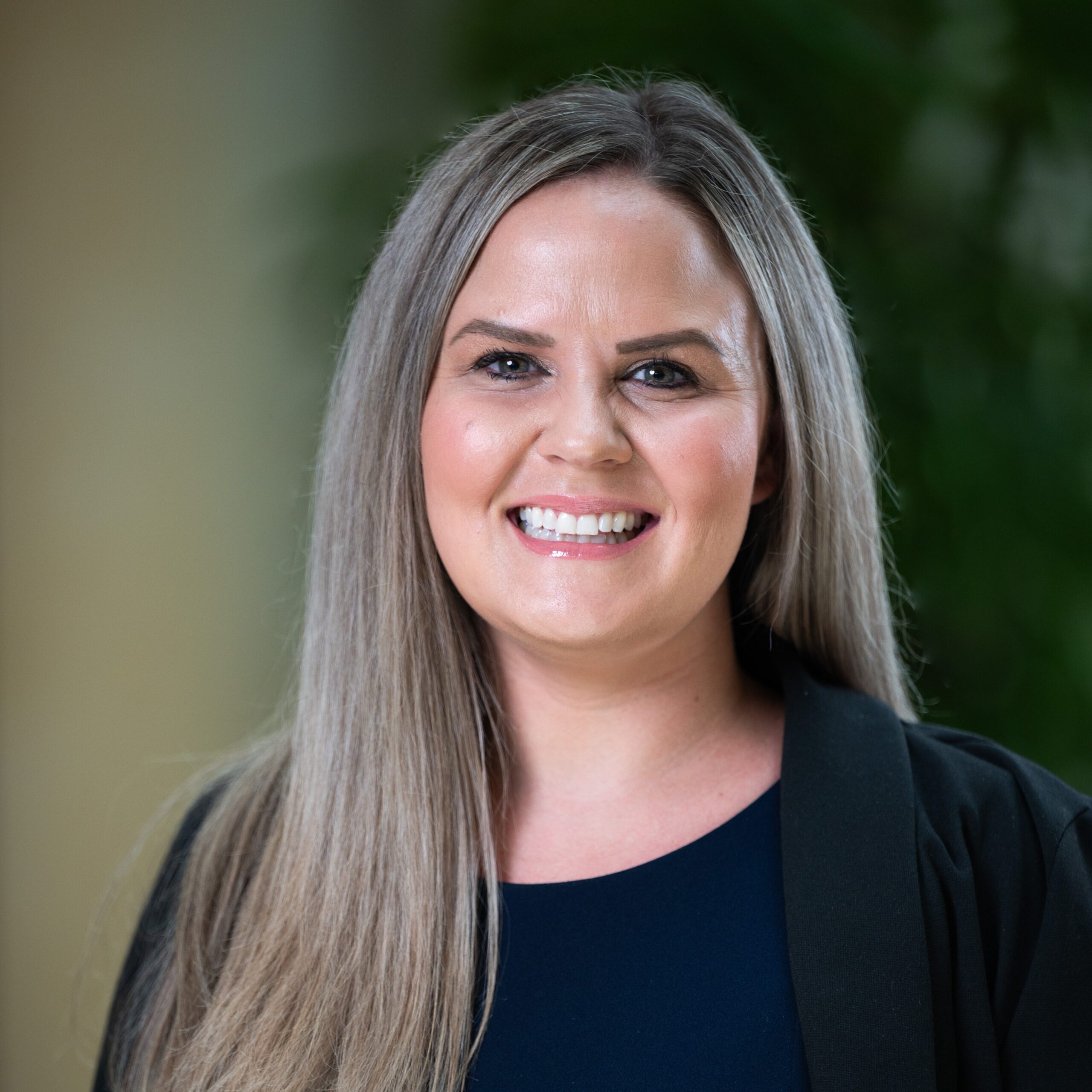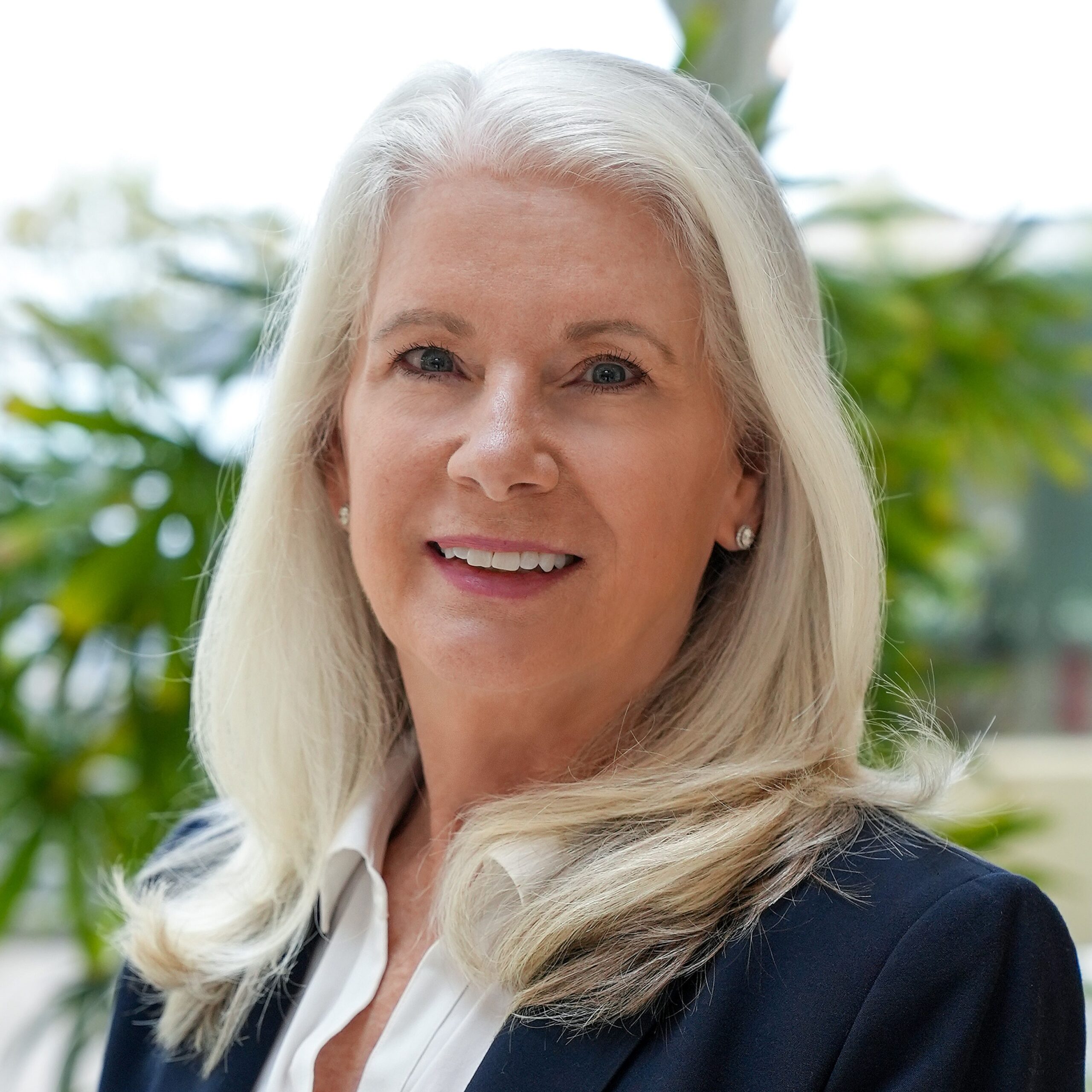Navigating the shortage of mental health professionals.
The demand for psychiatric services continues to outpace the availability of qualified physicians and advanced practitioners, leading to increased burnout and limited access to care, especially in rural and underserved areas. As healthcare leaders, it’s imperative to recognize these challenges and implement strategies that support both clinicians and the communities they serve. For mental health professionals looking for ways to manage burnout and find better balance, click here.
The impact on rural and underserved communities.
Rural and underserved areas often face a shortage of psychiatric clinicians. According to research, 65% of rural counties do not have psychiatrists, which makes it more difficult to provide consistent access to mental health services. Without timely care, patients may experience delays in treatment, more frequent hospital visits, and increased reliance on emergency departments.
Utilizing locum tenens physicians and advanced practitioners can be one way to ease the strain. Temporary staffing helps maintain continuity of care during gaps in coverage or periods of increased demand. When working with a locum tenens staffing agency, look for partners who follow industry best practices, such as members of the National Association of Locum Tenens Organizations (NALTO), to ensure a reliable and professional process.
Bridge gaps in psychiatric coverage with flexible support.
We help clients meet the growing demand for psychiatric care, without overextending your team or your budget. Connect with us to explore how locum tenens psychiatrists can support continuity of care, reduce burnout, and bring balance back to your workforce.
The repercussions of burnout.
Psychiatric clinicians face unique stressors, including high patient volumes, emotional intensity of cases, and administrative burdens. These factors contribute to burnout, which not only affects the well-being of clinicians but also impacts patient care and organizational efficiency.
Healthcare organizations can reduce burnout risk by focusing on practical changes like streamlining administrative tasks, implementing wellness programs, and offering flexible scheduling. The Dr. Lorna Breen Heroes’ Foundation continues to highlight the importance of protecting the mental health of clinicians facing these exact pressures.
When psychiatric coverage is limited, patients often turn to the emergency department for care. This not only increases pressure on already taxed clinical teams but also leads to lost revenue and inefficiencies.
In many cases, general practitioners are left managing psychiatric prescriptions, adding to their workload and potentially creating gaps in care. These coverage gaps can exacerbate physician burnout and, in some cases, raise Medicare compliance concerns.







